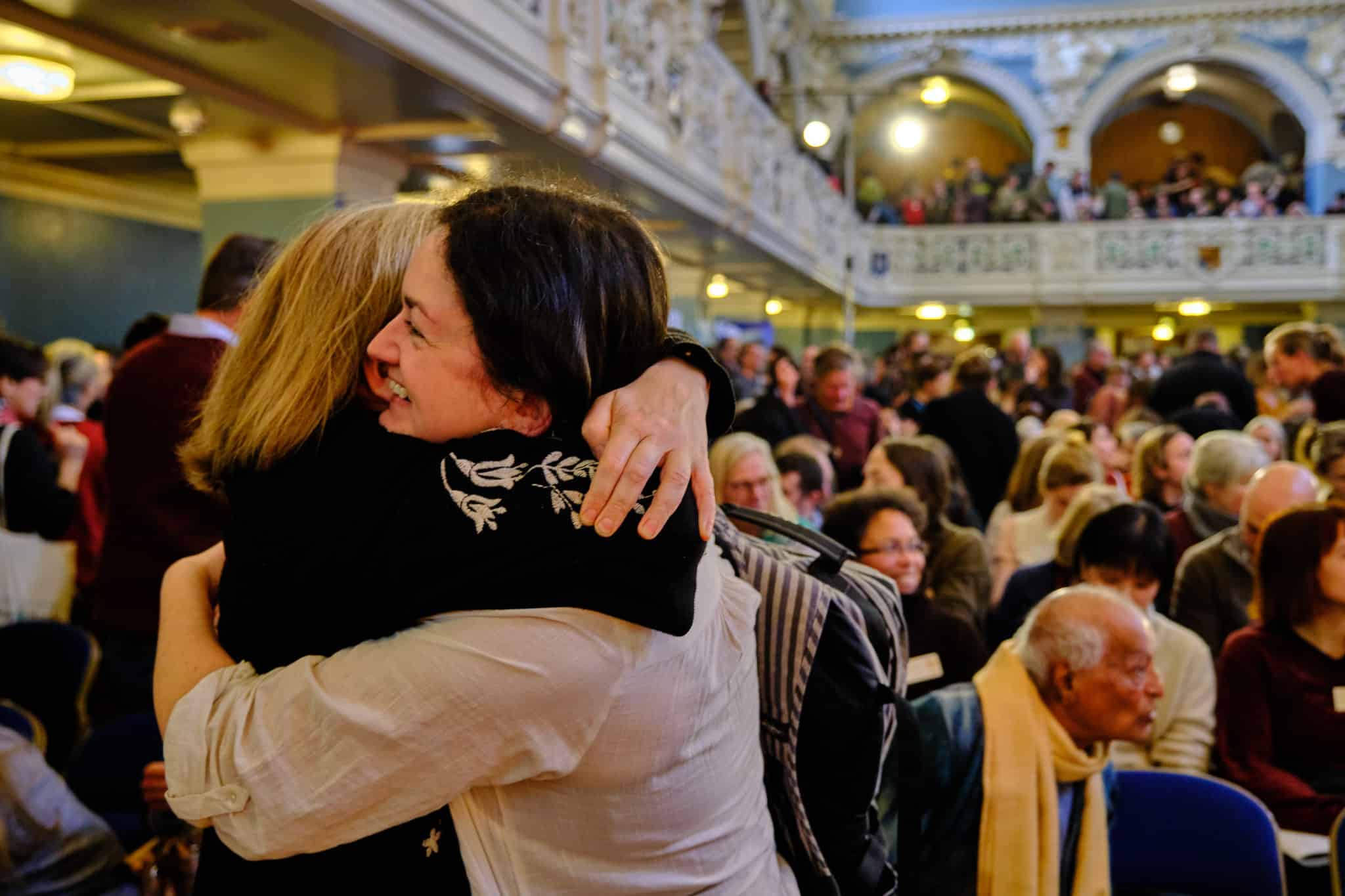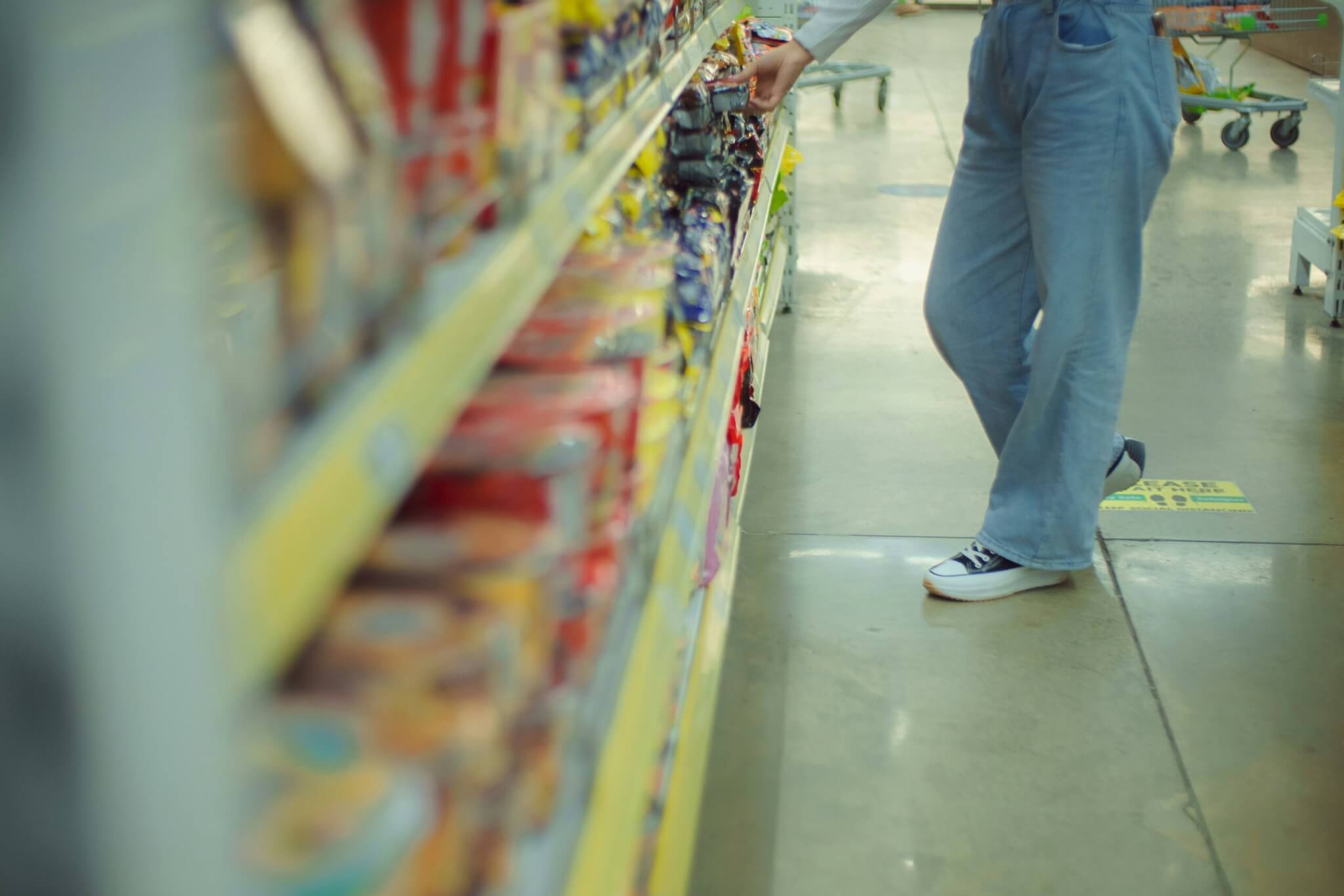Owning land is not necessary to cultivate a sense of belonging to a place and connect with cultural heritage, according to speakers at the recent Oxford Real Farming Conference.
Speaking in a session on ‘cultivating belonging’, author of Rooted and organic grower Claire Ratinon explained how she had come to find her own sense of identity that better reflects her Mauritian cultural heritage and her own deep connection with food growing.
“Mauritius was colonised by various empires, so my history is one of delineated slavery and indenture,” she said.
“I came round to the idea that my identity was closely connected to my growing quite quickly. [There was] a feeling that I was designed to do this, alongside a lifelong sense of grief that I’ve been carrying with me that I’ve been told I don’t belong here for many years,” said Ratinon, who is based in east Sussex.
Speaking on the same panel, Jewish grower Rachel Solnick, who is based in north Wales, said: “The idea that belonging means ownership of land is really misguided for me. For me, belonging can be found here. Homeland can be found here,” adding that the issue “becomes very political”.
Both Solnick and Ratinon talked about how the ‘diasporic identity’ [an expression to reflect people living away from their original geographic homeland] helps them combine elements from their past and present, and allows them to feel connected to where they are living.
“Sometimes there is the idea that cultural heritage must hark back to find out who we are,” said Ratinon, who said that she has discovered how belonging can be cultivated on her own terms.
“I was brought up a Catholic, a truly colonial force that was used to erase all that came before it. Then I end up in England, and the ways in which the growing season is celebrated in pagan solstice rituals; I connect to that and yearn for it.”
Both speakers talked about how a nationalist or ‘essentialist’ identity, such as belonging to one place or race, was inadequate to their own lived experiences but also upholds systems of separation.
“My relationship to blackness was the hardest part of the book to write. It doesn’t reflect the complexity of my heritage. When we are essentialist about race, we are upholding a system built on lies,” said Ratinon.
“Hard lines keep people in and keep people out. Racial essentialism and national essentialism don’t work for me in any form. That’s why the diasporic identity is so important.”
For Solnick, she said the diasporic identity is “an antithesis to the soft Zionist identity I was brought up with”.
“I have the right to be Jewish here, on this land, or somewhere else. I disagree with the nation state concept fundamentally,” she said.
Expanding on the idea of creating your own sense of belonging, Solnick explained her deep connection to where she lives and grows food in the Dyfi Valley, in Powys, Wales.
“Tending the soil and watching food grow and feeling like you’ve contributed to nourishing land and people – that’s always felt like a really powerful thing to me. I feel very connected to this valley,” she said.
“But I don’t feel like I couldn’t find that connection in other places. There is something amazing in feeling like you can cultivate belonging.”
Speakers across the conference explored farming and land issues in a range of contexts, including practical workshops like how to remove peat from growing or set up a community farm, to highlighting how social justice and equality is tied to any future of sustainable food.
For more highlights from the Oxford Real Farming Conference, read our report.













0 Comments